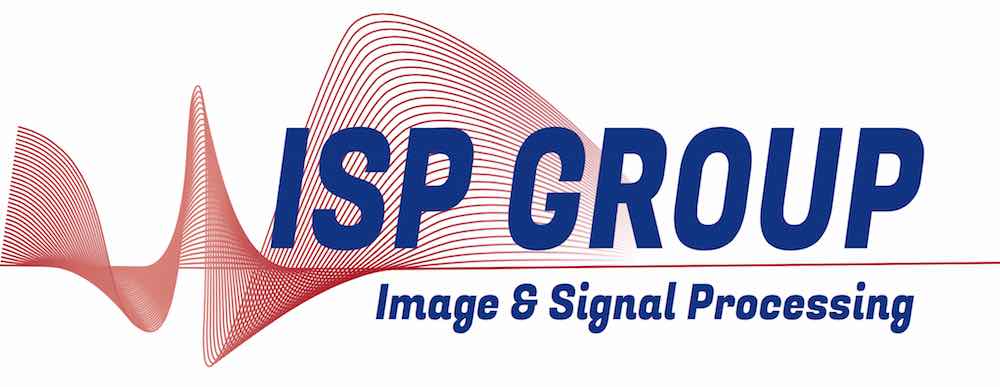-- Thursday, 13 October 2011 at 10:45 (45 min.)
{
"name":"The use of sparsity hypothesis for source separation",
"description":"Sparsity has been traditionally exploited for data compression, and a popular hypothesis to solve under-determined linear inverse systems (sparse recovery problem). Considerable amount of work has been done, both theoretical and algorithmic, in this regard. Of late, sparsity is being used to perform more complicated tasks such as source separation, learning, etc. The focus of this talk will be the usage of sparsity hypothesis for source separation.",
"startDate":"2011-10-13",
"endDate":"2011-10-13",
"startTime":"10:45",
"endTime":"11:30",
"location":"",
"label":"Add to my Calendar",
"options":[
"Apple",
"Google",
"iCal",
"Microsoft365",
"MicrosoftTeams",
"Outlook.com"
],
"timeZone":"Europe/Berlin",
"trigger":"click",
"inline":true,
"listStyle":"modal",
"iCalFileName":"Seminar-Reminder"
}
Sparsity has been traditionally exploited for data compression, and a popular hypothesis to solve under-determined linear inverse systems (sparse recovery problem). Considerable amount of work has been done, both theoretical and algorithmic, in this regard. Of late, sparsity is being used to perform more complicated tasks such as source separation, learning, etc. The focus of this talk will be the usage of sparsity hypothesis for source separation.
